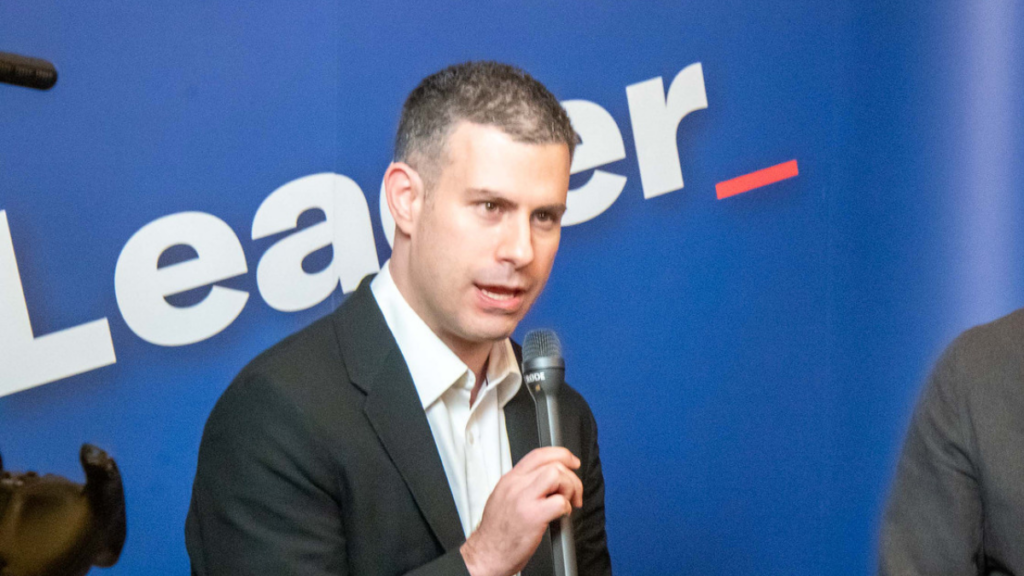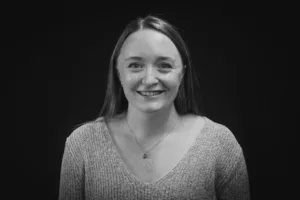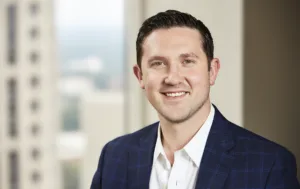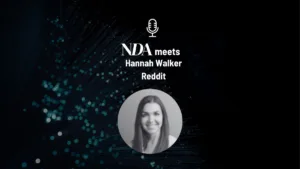In NDA’s Interviewing the Interviewers series, we catch up with some of the best interviewers in our industry, from journalists to independent content creators, turning the tables to find out what makes them tick.
Omar Oakes is Editor In Chief of The Media Leader, and is one of the most widely-respected journalists covering our sector. The Media Leaders also runs a fantastic podcast and YouTube channel.
What is your biggest hope and your biggest fear for the marketing industry in 2024?
My biggest hope for the marketing industry is that it stop being so shy about advertising. In my Monday editor’s column, I discussed how astonishing it is that the world’s biggest agencies and media owners don’t even mention ‘advertising’ on their websites.
Advertising is really important to ensure that media is accessible for the majority of people in society, not just the wealthy who can afford ad-free subcriptions. While the BBC is an amazing institution funded by UK taxpayers, it is also a huge advertising seller outside the UK.
My biggest fear for the industry this year is that it continues down a path of over-specialisation and reliance the buying and selling of specialised tools for Google, Facebook and Amazon. Creativity is still the magic that drives great marketing, but just because a great idea is no longer driven by the 30-second TV spot does not mean that great ideas rooted in culture can’t thrive across different platforms.
Who was the most inspirational person you interviewed in 2023 and why?
Something entirely unexpected happened during an interview with Peter Field, the marketing effectiveness expert, last November.
The Media Leader likes to ask everyone we interview why they’re “passionate about media”, because we’re media geeks and we love to delve into why people do what they do.
He said: “…we’ve really now begun to understand the extent of the misleading and misunderstanding metrics that we’ve been using to make investments. So I think it’s a great and really important time, in the understanding of the way media works.
“It’s made me excited, again, in a way that I was beginning to lose before…. We’re going to get some, some lovely new discoveries and some reinvention of the way investments are made with online.”
If someone as knowledgable in their field as Peter can rediscover something great about this industry, it really does inspire confidence that something exciting is always around the corner if we’re willing to keep learning and be humble about what we think we know.
What one technology are you most excited about this year and why?
Adobe Premiere Pro (2024) now does transcripts that enable you to edit a video by editing the transcript. It really is an amazing time to be a content creator as video has truly become accessible. Whereas five years ago “everyone had a podcast”, in five years’ time everyone will have a video channel.
What was your favourite ad or media experience of 2023?
Barbenheimer was amazing. Yes, cinema and linear television face long-term issues with audiences as we have more access to good content on our phones than ever before.
But I think Barbenheimer will have a longer-term effect by reminding people that content at its best is a great immersive experience, not something that is done while you’re eating your lunch or brushing your teeth. Cinemas are purpose-built cathedrals for video and will always survive, just as theatres and stadiums have.
And, by the way, whatever your favourite ad on telly was last year, it was almost certainly worse than any ad shown on the cinema. That’s how good cinemas are.
What is the buzzword or phrase you’d like to ban forever and why?
“It is what it is”.
It’s worse than a tautology. At least “water is wet” could be useful to a three-year-old to help them link nouns and adjectives.
But I’m actually convinced that terrorists have covertly infiltrated the English language to eventually destroy our ability to attach meaning to anything we say. First they came for the word “literally”, next it was the word “ironic”.
Oh well, it is what it is.
Who’s the one industry figure you’d most like to interview you yet haven’t?
Rupert Murdoch. I bumped into him at the Wimbledon tennis in 2012 and was in disbelief that he was just walking around with his two daughters like some regular person. And then he was gone.
Rupert, I know you read NDA religiously and I’m sorry I missed my opportunity. I have so many questions.
How could someone persuade you to interview them and what would put you off completely?
It might surprise people reading this but most journalists are pretty open-minded people who are curious about the world and are keen to learn. Anyone who starts a conversation with the line “here’s something you might not know but is important…” would always grab my attention.
As an editor, I’m constantly thinking about my audience: what is valuable/interesting/novel for them? All I would ask is that PRs do the same i.e. please do some research on what our publication is about and what our audience would be interested in.









